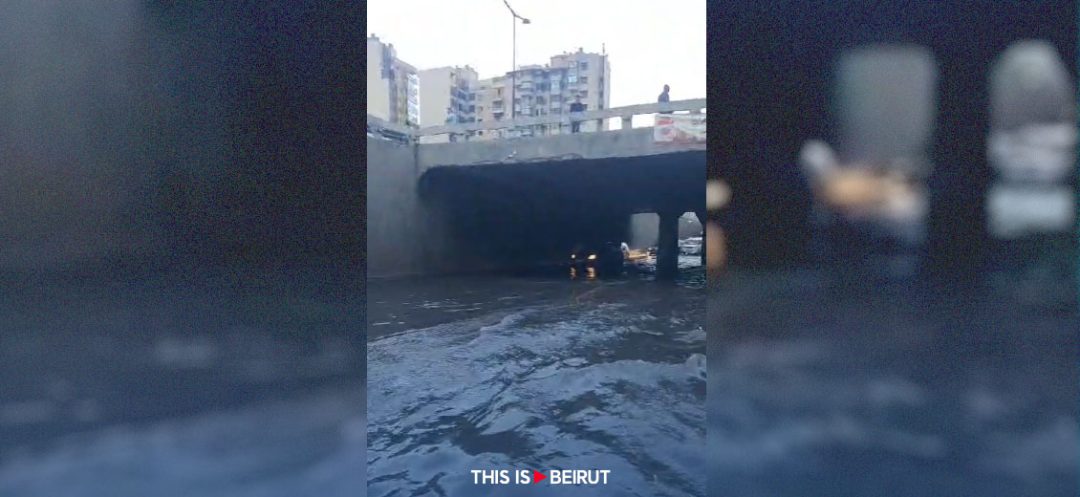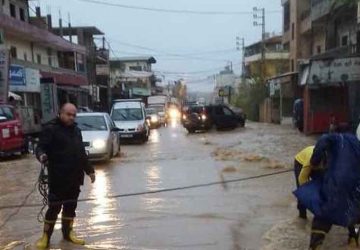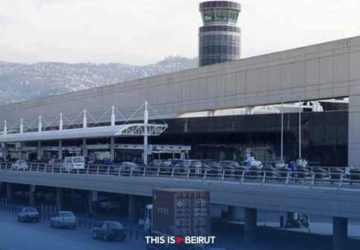Beirut residents awoke on the morning of Wednesday, October 4, to the sound of heavy rain, ushering in an unpleasant commute to their work or study places, as they found themselves surfing on riverbeds rather than driving in their cars. Accumulated garbage on street edges and in canals, combined with a lack of maintenance work and rain, resulted in severe traffic congestion and a series of accidents.
Caretaker Minister of Public Works and Transport Ali Hamieh took to his X account on Wednesday to respond to media channels reporting “an intense traffic jam near the Kuwaiti embassy due to rising water levels on the roads.” He said that “a picture is worth a thousand words: garbage piled up along the drains. We worked yesterday, the day before and a week ago in collaboration with the municipality of Ghobayri to clean it up, and our cleanup efforts are ongoing to date…”
Additionally, the Minister shared “a surprise at the Farfouri drain in Dbayeh early this morning, where the waters swept away, in addition to mud, sand, tree branches and garbage, very huge water pipes that could have blocked the rainwater drainage pipes and caused disasters.”
Hamieh had launched a “campaign” to clean up the main arteries, sewers and drains on September 28. He also warned that the sewers would be filled with waste again within a week due to a lack of civic spirit on the part of citizens. But one has to wonder whether a clean-up campaign, only a week before the announced rain, really constitutes an action plan worthy of a Ministry of Public Works and Transport.
In this context, heavy traffic was reported from Mansourieh to Mkalles, on the Dbayeh freeway, from the Cola bridge to the Salim Salam tunnel, from Tabarja to Jounieh and in Zouk Mikhael.
View this post on Instagram





